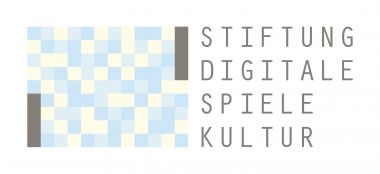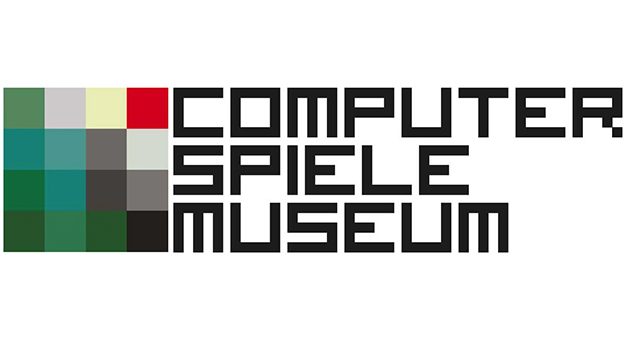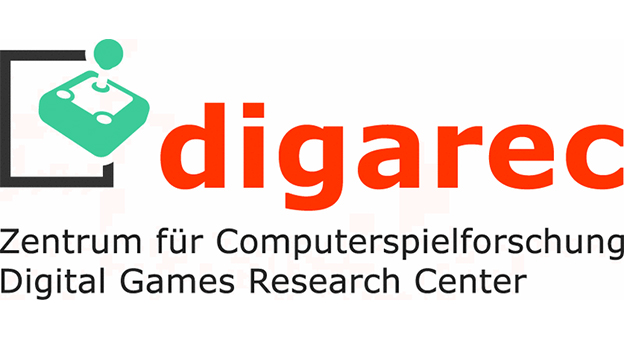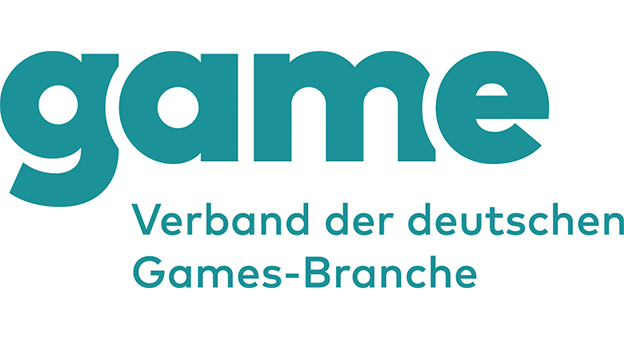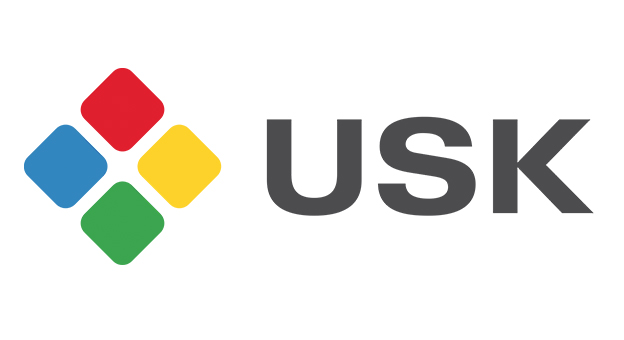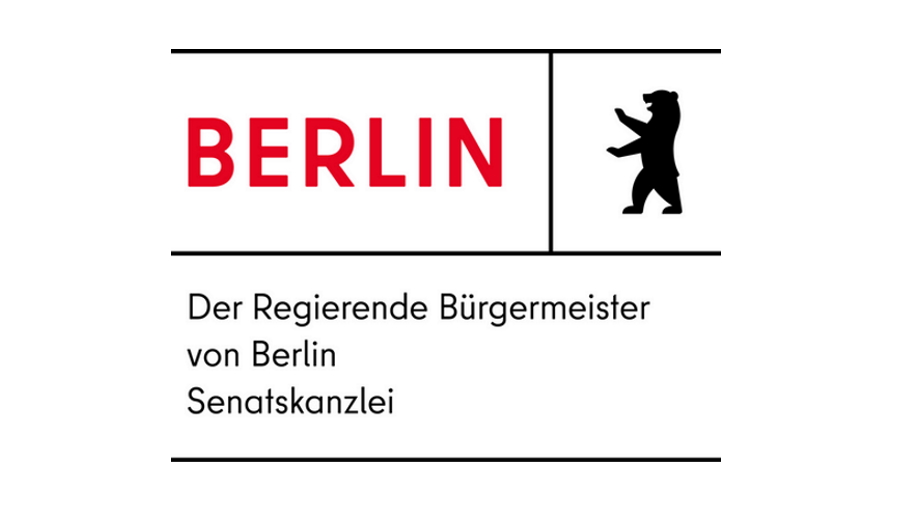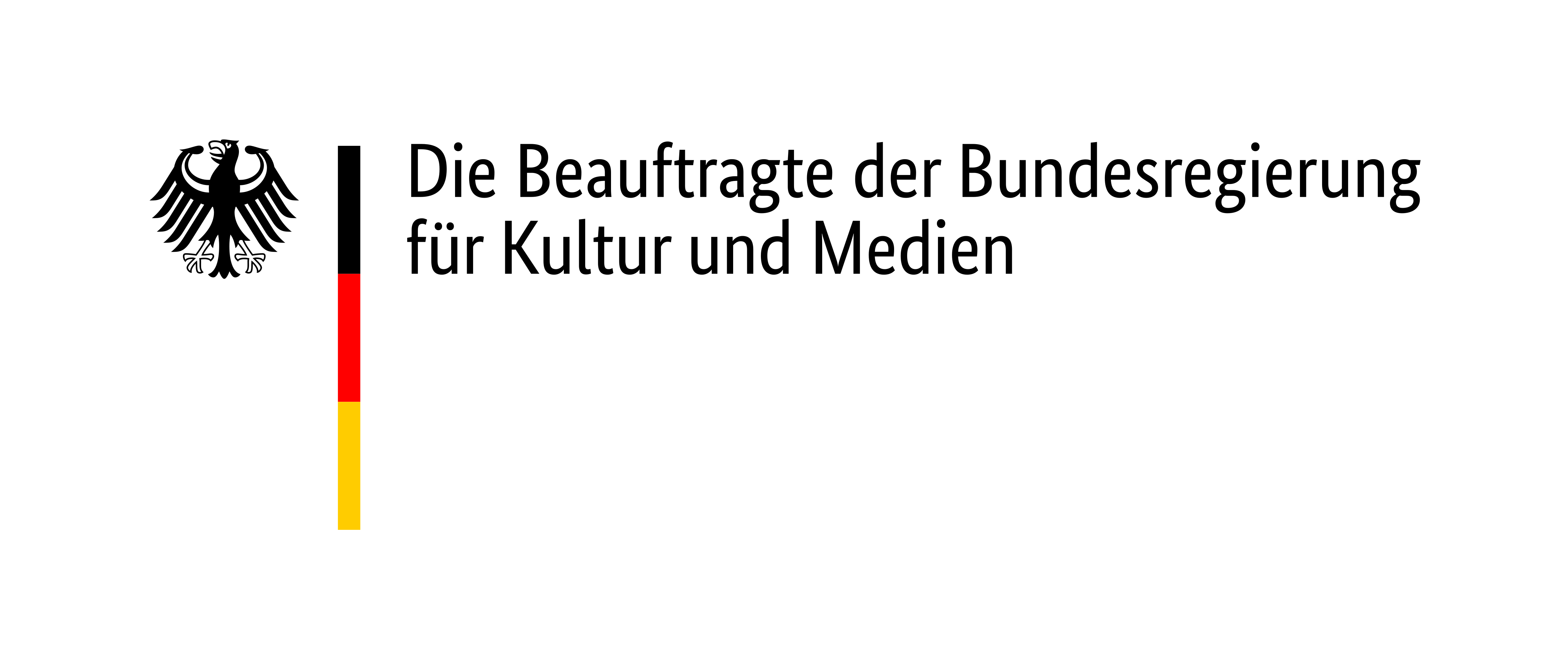Welcome to the International Computer Game Collection
The International Computer Game Collection (Internationale Computerspielesammlung) is a project launched in collaboration with our partners, the Computer Game Museum (Computerspielemuseum), the German Entertainment Software Self-Regulation Body (Unterhaltungssoftware Selbstkontrolle – USK), the Digital Games Research Center for the University of Potsdam (DIGAREC) and their collection, game – the German Games Industry Association and the Foundation for Digital Games Culture (Stiftung Digitale Spielekultur), in 2017, with the objective of creating the world’s biggest collection of video and computer games.
By combining the software collections held by the Computer Game Museum, USK and DIGAREC with the archive of the German Computer Games Awards (Deutscher Computerspielpreis) in a two-stage process, we are creating one of the world’s most extensive and important collections, bringing together over 58,000 computer and video games.
Partners
Foundation for Digital Games Culture
The Foundation for Digital Games Culture (Stiftung Digitale Spielekultur) has been promoting the cultural, social, technological and economic possibilities offered by games since 2012.
The non-profit organisation is an initiative of the German Bundestag and the German games industry and is active throughout Germany. Partners from the worlds of culture, society, government, academia, youth protection and education participate in projects and collaborations overseen by the foundation that focus on three key areas: education, culture and research.
The Foundation for Digital Games Culture’s shareholder is game – The German Games Industry Association. The foundation carries out its targeted, independent and transparent work through a council whose members are drawn from the fields of policymaking, education, academia, civil society and culture. The object of the Berlin-based foundation is to increase the acceptance and relevance of games in society while at the same time fostering and moderating a critical discussion of this topic.
Computer Game Museum
In 1997, the Computer Game Museum (Computerspielemuseum) opened the world’s first permanent exhibition of interactive digital entertainment in Berlin. Since this time, it has addressed the medium’s development in more than 30 national and international exhibitions.
Since 2011, its new permanent exhibition entitled ‘Computer games. Evolution of a medium’ (Computerspiele. Evolution eines Mediums) has created a unique environment where over 120,000 visitors annually can play games and experiment as they experience the cultural history of games.
In addition, special exhibitions are held on a regular basis that give detailed insights into a wide range of gaming topics.
Digital Games Research Center (DIGAREC)
As the first interdisciplinary institute of its kind in Germany, the Digital Games Research Center is devoted to the wide-ranging aspects of the scientific study of computer games. DIGAREC is a pool of interdisciplinary researchers that productively harnesses the knowledge and resources of its members while promoting dialogue and collaboration with students. The centre unites a wide range of disciplines and faculties – including media science, education, psychology, design, media law, information technology, Jewish studies, didactics of the English language, didactics of history and cultural history – at the University of Potsdam, Potsdam University of Applied Sciences, University of Applied Sciences Europe Berlin, Berlin University of the Arts, Computer Game Museum Berlin and Brandenburg Center for Media Studies. By doing so, it creates extraordinary synergies in computer games research.
DIGAREC’s work is organised into three core areas: collection, conferences and publications. In the years since 2007, DIGAREC’s computer games collection has grown to become the largest held by any German university. Thanks to generous donations by institutes, companies and private individuals, its collection has continued to grow. The collection is catalogued and made available for the purposes of research and education. In addition to organising conferences, workshops and lecture series on current topics and problems in the field of computer games research (most recently ‘Video games as a didactic challenge’ (Videospiele als didaktische Herausforderung), ‘Screen images’, ‘Ludic Boredom’ and ‘Didactics of digital gaming’ (Didaktik des digitalen Spielens)), in its DIGAREC Series the centre regularly publishes monographs and anthologies featuring contributions from distinguished academics from regional, national and international research undertakings while working to support the next generation of academics.
DIGAREC is coordinated by Dr Sebastian Möring (smoering@uni-potsdam.de).
game – the German Games Industry Association
We are the association of the German games industry. Our members include developers, publishers and many other games industry actors such as esports event organisers, educational establishments and service providers. As a joint organiser of gamescom, we are responsible for the world’s biggest event for computer and video games. We are a partner of the USK and the Foundation for Digital Games Culture, as well as a sponsor of the German Computer Games Awards. As an expert partner for media and for political and social institutions, we answer all questions relating to market development, games culture and media literacy. Our games enrich the lives of everyone, and that is why we have made it our mission to make Germany the best games location.
USK (Entertainment Software Self-Regulation Body)
The USK (Unterhaltungssoftware Selbstkontrolle) is a self-regulating organisation that is responsible for rating and classifying computer games in Germany. The USK is officially recognised both under the Protection of Young Persons Act (JuSchG) and for online areas under the Interstate Treaty on the Protection of Minors from Harmful Media (JMStV) as the organisation responsible for the games industry’s efforts to govern its own content. Within the framework of the Protection of Young Persons Act, the assessment process concludes with the assignment of an age rating by a government official. The USK also assigns age ratings for online games and apps within the framework of the International Age Rating Coalition (IARC). Countless companies have become members of the USK to foster close, long-term cooperation for the protection of young persons.


